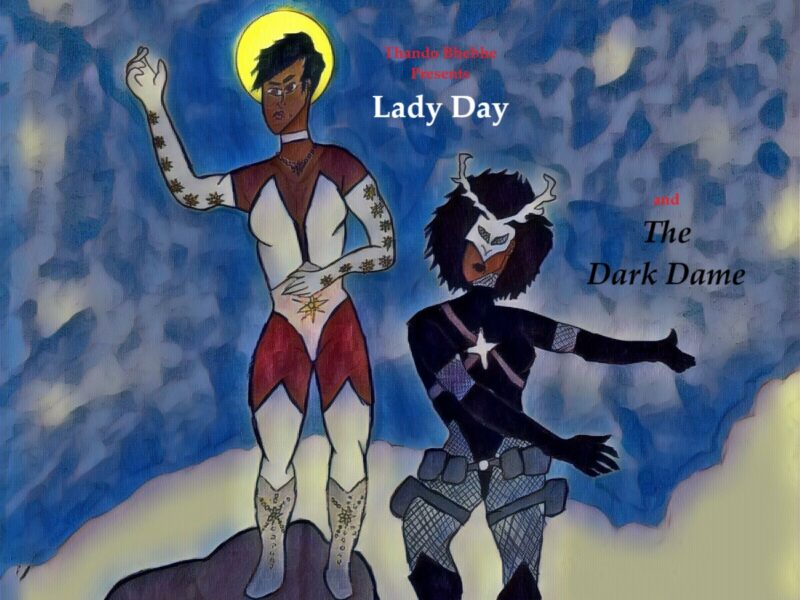“I make about $3000 a month. Sometimes I make more.”
Jeremy Booth (name changed) buys and sells money – game money. He’s been in this lucrative business for three years now, and doesn’t plan on leaving any time soon. There’s nothing illegal about what Booth is doing either. Currently, no rules or laws can stop him from conducting his ingenious business.
Booth plays an MMORPG – massive multiplayer online role-playing game – RuneScape. In the game, players are transported into a fantasy-medieval era where they can take one of the many roles available to them.
“I make the gold from buying for low [and] selling for high. With reputation comes a higher price that I can sell [the gold] at,” says Booth, explaining how he stays in business.
He’s got the reputation. He’s got the dedication. But he may not have the maturity and ability to handle these large sums of money – yet. He’s only 15. He’s 15 years old and he makes $3,000 a month. Sometimes less, sometimes more. An increasing number of players are being catered to by magnates such as Booth. A look through the online forum where Booth works under the pseudonym “Exposed” reveals a growing market. Each year, people spend hundreds, even thousands of dollars on extra game features even when they know it’s just a little bit of code and a few pixels.
But this online market extends beyond gamers. Facebook is joining the fray through its Facebook Credits. These credits can be bought in retail stores such as Wal-Mart and Future Shop or online to play games such as FarmVille. On average, every ten credits are worth $1.
Facebook plans to keep 30 per cent of the profit of each purchase. People spend large sums of money on games because the desire to be better have a more is never quite satisfied in a role-playing environment. By spending money, players can purchase better features that allow them to compete against other players and rise to the top. Anthony Chiu used to spend nearly $200 a month on game credits called “ocho” to buy newer and better weapons and armor, among other things. I first met him when we were in the same clan in the Facebook game BattleStations! In this game, players command their own ship and act as a pirate with a twist – they sail the skies, not the seas. “I didn’t have a job at the time and was getting an allowance from my parents,” he recalls. “I [never] realized I spent so much money.”
This frequent spending was costing him in more than just in a financial sense. “I realized later that I was addicted to the game. I had money so I used it to get better at the game,” he admits.
Chiu’s comments bring up an interesting question: can individuals like him be considered addicts? While some players can control how much time they spend on video games and utilize it to make extra income, others become so engulfed in the game that it destroys their relationships and social skills.
Gaming addiction affects a significant number of young people in North America. According to a report submitted to the American Medical Association by a council of doctors, 15 per cent of American youth may be addicted to video games. But it’s not just North American youth.
South Korean teenagers are so addicted to video games that, in recent years, multiple government-funded rehabilitation centers have popped up to deal with this terrifying trend.
Kim Kyung-jae, a 24-year-old, collapsed and died in 2002 after playing non-stop for 86 hours. These addicted teenagers attend a boot camp where they spend as much time outside as possible – far away from video games and the Internet. This, hopefully, takes them out of their virtual world and back into reality. The reality of this growing market is that it doesn’t make everyone wealthy. There are some winners, but there are a lot of losers. I should know. I tracked down a “botting” website where I could purchase scripts to create my very own character on RuneScape and train the various skills to their maximum potential. This would make me rich along the way – without having to do anything except make a few clicks.
However, being the low-budget student I am, I opted for the free version. After nearly three months of botting, I took a picture of my account with its stats and posted it on the same website to find out how much money I could have made if I hadn’t used the free version. To my surprise, it wasn’t a lot: $50 to be exact. I had paid more for the electricity and Internet to keep it running but, if I had created ten accounts, I’d be making $500-700 every three months for barely doing anything. However, with a member’s account on RuneScape and better scripts, I could have had the luck many other players have. I could have made $200 or more with just one account, per month. At the rate I was going, I’d be lucky to make that in a year.
When I asked Booth about what he does with the money or whether he is saving up for college, he put it squarely: “Well, I am an American living in China for a while. My college is already paid for by my father. I use the money on anything I wish.” It’s convenient for now, but how long Booth can live off of the proceeds from his online fantasy world is virtually anyone’s guess.



